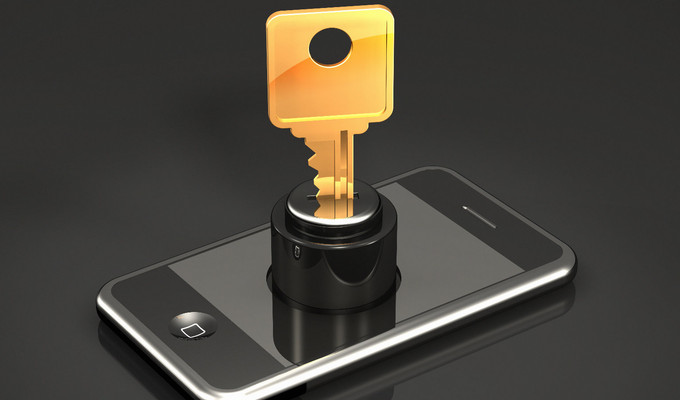
26 Feb Government working on “Kill Switch” for all Smart Phones
Written by:
Steve Watson
A lawmaker in Illinois has introduced a bill that would mandate a ‘kill switch’ in all smart phones, potentially allowing the authorities there to shut them down at will.The bill, introduced by State Sen. Toi Hutchinson, would require any phone bought or sold in the state to have the technology. Providers would also be mandated to insure smart phones against theft if the phone cannot be rendered completely inoperable.
The legislation is a replica of a bill recently introduced in California, aimed, according to lawmakers, at discouraging theft of phones and black market trading. Critics have warned, however, that such a system could be abused by government and police in order to stifle dissent.
Even worse, if the system were approved up by one or two states, such as California, manufacturers will undoubtedly push for all states to adopt the technology, to spare themselves more work in producing custom devices for select states.
“California is the largest state in the US, and its laws have in the past become de facto national laws,” notes Joe Mullin, adding that wireless industry trade groups have opposed such measures in the past.
Carriers or phone makers will be granted permission to design their own individual form of ‘kill switch’ hardware or software. However, under the legislation, it must have the ability to prevent phone calls, Internet access and the ability to run apps. It must also not allow a reset of the device to factory settings.
Retailers will also be punished under the legislation, should they offer devices that do not comply. Companies could face a fine of between $500 and $2,500 per device sold that doesn’t include the technology.
Senators, senior police and local politicians in San Francisco have set about lobbying Apple, Samsung, Google and Microsoft to fit the technology as standard to all devices.
Carriers such as AT&T have been the target of lawsuits from regulators alleging that they are not doing enough to prevent smart phone theft because the re-activations of such devices has proved profitable.
Critics of the new proposal maintain, however, that if a carrier can kill your phone remotely, so then can governments, hackers, and anybody else. A scenario where authorities could hijack the technology to shut down communications in a sensitive area in order to limit photo and streaming video coverage, such as at a demonstration or at the scene of unfolding police brutality, is easy to envisage.
Last month we reported on a Google patent for a system that would alert law enforcement authorities if a number of photos were taken in one specific location by smartphone users, raising questions as to what level of remote access companies like Google should have to people’s personal devices.
Back in 2012, Apple also filed a patent allowing it to wirelessly disable cameras on iPhones by “forcing certain electronic devices to enter “sleep mode” when entering a sensitive area.”
Protests, political gatherings and other events at which authorities wish to prevent communication, documentation or video streaming could be turned into dead zones by creating a “geofence” around designated locations.
The patent was registered in anticipation of giving police or government the power to impose a “blackout” on all communications during certain times because cellphones can “annoy, frustrate, and even threaten people in sensitive venues.”
In a recent piece, Information Week succinctly summarised the potential dangers of allowing institutionalized control of communications devices:
“Mandatory phone kill switches will hasten the arrival of the Surveillance of Everything, an unavoidable consequence of the so-called Internet of Things. Using technology to extend the reach of property rights make as much sense for other objects as it does for phones. But in so doing, individual property rights mingle with social mores and government prerogatives. Nothing is truly yours on someone else’s network….Consider a recent Google patent application, “System and Method for Controlling Mobile Device Operation,” which describes research to help in “correcting occasional human error,” such as when phones have not been silenced in a movie theater.
The thing about kill switches is that they’re a manifestation of digital rights management. In the hands of individuals, perhaps they’re a good idea. But they won’t remain in the hands of individuals. They will be used by companies, organizations, and governments, too. And even when people believe they have control of their kill switches, authorities and hackers can be expected to prove


No Comments